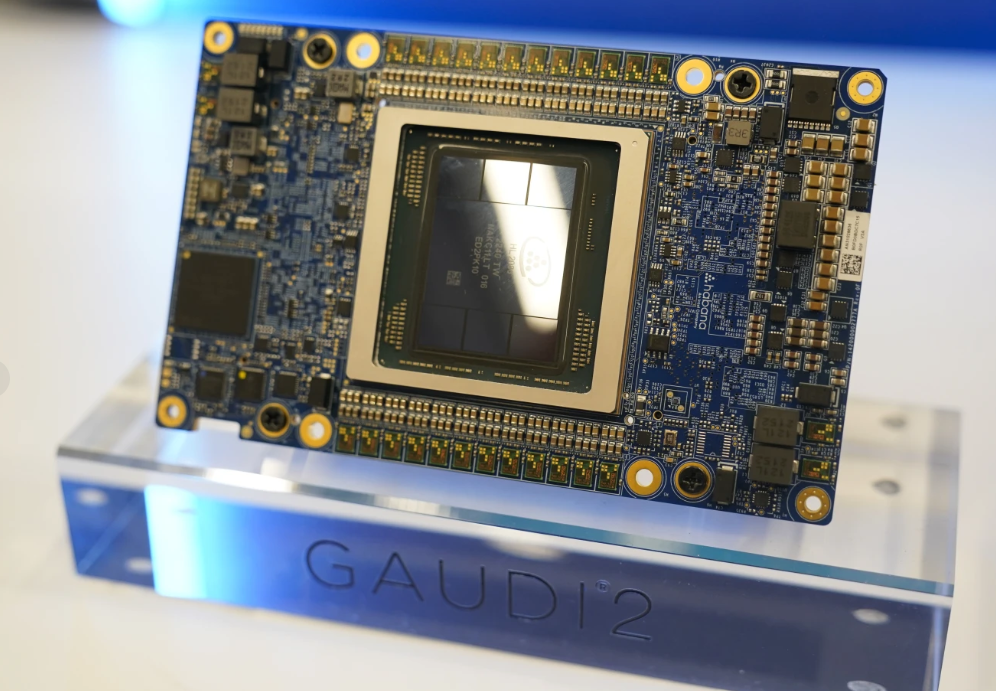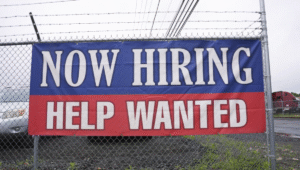Before “America First” became the cornerstone of the Trump administration’s foreign and trade policy, one industry had already been working to bring business back to the United States: the semiconductor industry. Supported by government incentives, both American and foreign tech companies have invested billions of dollars in strengthening semiconductor operations across the country, focusing on areas like research, development, manufacturing, and facility upgrades.
In the Greater Sacramento region, the growth of the U.S. semiconductor industry is evident, as local tech leaders and lawmakers have long worked to increase California’s role in producing the chips that power everyday items such as smartphones, refrigerators, and cars. Tech giants such as Intel, AMD, Bosch, Samsung, and Micron are expanding their presence in cities just outside Silicon Valley, continuing the tech legacy that Intel began with its Sacramento County campus in 1984.
However, the Trump administration’s economic policies have introduced complications. Tariffs on key imports and investigations into the imports of computer chips and chip-making equipment threaten to slow down the industry’s progress. As companies were beginning to make significant investments in reshaping supply chains, new tariffs and potential threats to the CHIPS and Science Act could hamper the U.S.’s efforts to stay competitive, particularly in artificial intelligence development.
Samsung, for instance, delayed its semiconductor facility in Texas, originally set to open in 2024, now expected to launch in 2028. Industry experts suggest that companies are holding off on major investments due to uncertainty surrounding funding and the new trade policies.
The U.S. once held a dominant share of global semiconductor production, but its stake has drastically decreased from 37% in 1990 to just 10% in 2022. This shift has made the U.S. reliant on countries like Taiwan and South Korea for advanced chips. In response, foreign manufacturers like Taiwan Semiconductor Manufacturing Corp. are investing in U.S. facilities, partly driven by incentives from the CHIPS Act. This 2022 law aims to revive U.S. semiconductor manufacturing while enhancing military technology and minimizing future supply chain disruptions.
Thanks to the CHIPS Act, the U.S. is set to triple its semiconductor manufacturing capacity, marking the highest growth rate in the world during this period. According to the Semiconductor Industry Association and Boston Consulting Group, this will significantly bolster domestic chip production.
Barry Broome, president of the Greater Sacramento Economic Council, said that the semiconductor supply chain weaknesses became apparent during the pandemic, which exposed the risks of offshore manufacturing in places like Taiwan, Vietnam, and China. These vulnerabilities, combined with rising tensions between China and Taiwan, have helped draw the semiconductor industry to the Sacramento region. The area’s strong tech background and growing federal subsidies have made it an attractive place for investment.
In 2023, Bosch made a $1.9 billion investment in the region to build a semiconductor production site for electric vehicles, converting its Roseville facility into a silicon carbide production hub. The investment is expected to create around 1,700 jobs in construction, manufacturing, engineering, and R&D. This is the largest semiconductor investment in California in over 30 years.
Other tech companies in the region include AI startup Blaize and data storage company Solidigm, both of which have benefited from the area’s deep semiconductor expertise. Blaize’s AI chips, for instance, are made in a Samsung foundry in Texas, and the company has seen growing interest from defense and border security sectors.
The Trump administration has treated chip production as a national security issue, emphasizing that reducing U.S. dependence on foreign chip imports would benefit both the military and broader industry. The administration is also investigating the potential risks of having chip production concentrated in foreign countries and the impact of foreign government subsidies on U.S. competitiveness.
The complexity of tracking where materials and goods are produced has led to confusion about the impact of tariffs, particularly on products like video game consoles. Companies like Nintendo have raised prices in response to tariff uncertainty, and preorders for the anticipated Nintendo Switch 2 have been delayed. Despite these challenges, some experts believe that global growth in semiconductor foundries will eventually ease U.S. reliance on Taiwan for chip production, leading to a more balanced global semiconductor ecosystem.
Broome emphasized that while the Trump administration’s tariffs aim to restructure global trade relationships, the uncertainty surrounding trade policies is detrimental to markets. He expressed hope that if tariffs are used as leverage to negotiate better agreements in the near future, the market will recover quickly. However, if tariffs become long-term policy, he warned that they could freeze capital investment in the semiconductor industry.














